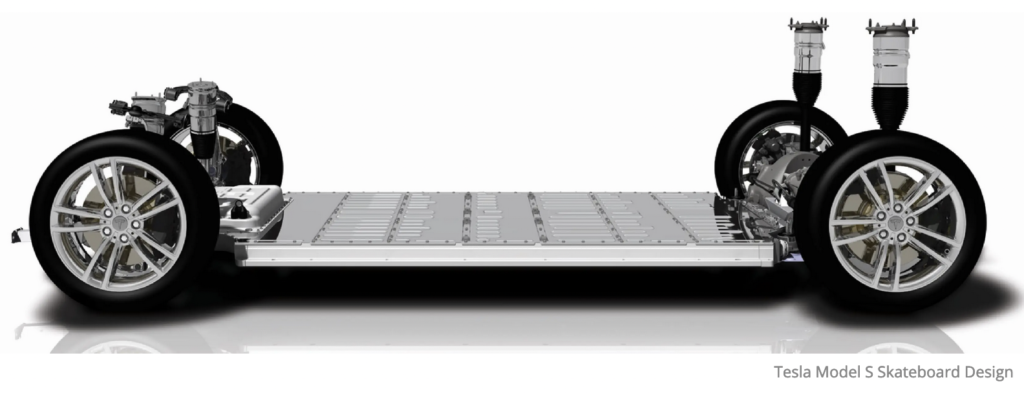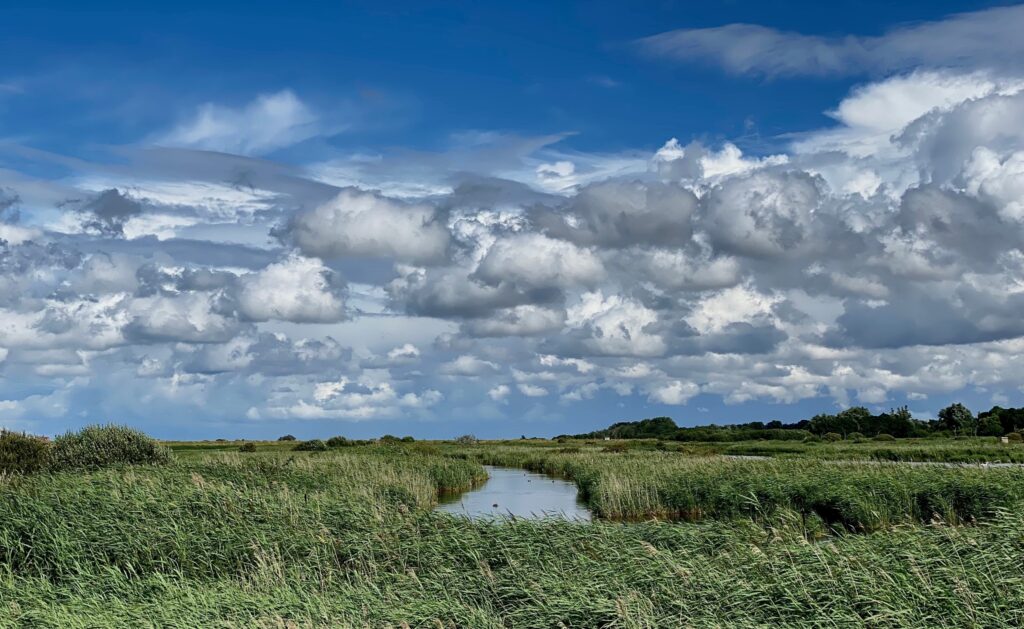Quote of the Day
“The Metaverse: virtual reality with unskippable ads.”
- Wendy Liu (via Twitter)
Musical alternative to the morning’s radio news
Telemann | Flute Concerto in G major | Emmanuel Pahud
Long Read of the Day
Notes From the Metaverse
You may have noticed a new obsession of the tech industry with something called the ‘Metaverse’ and dismissed it as just another passing fad of half-educated billionaires who dropped out of college and read (but obviously didn’t understand) Neal Stephenson’s Snow Crash.
If that’s what you thought, then can I respectfully suggest you think again? The Metaverse concept is the most audacious plan for cognitive ‘colonialisation’ since the invention of surveillance capitalism, and this essay by by L. M. Sacasas is the most insightful piece about it that I’ve come across so far. So it’s worth your attention.
It’s terrific. Here’s a taster:
According to NVIDIA’s vice president of simulation technology Rev Lebaredian, “Ultimately we’re talking about creating another reality, another world, that’s as rich as the real world.”
“As rich as the real world” almost comes off as a magnanimous concession given that the so-called “real world” is sometimes characterized as a tedious and impoverished realm compared to the wonders of the Digital City. In a recent installment, I cited Marc Andreessen’s claim that a preference for non-digitally mediated “reality” was an expression of “reality privilege.” In his view, “the vast majority of humanity, lacks Reality Privilege — their online world is, or will be, immeasurably richer and more fulfilling than most of the physical and social environment around them in the quote-unquote real world.” Andreessen knows that some will reasonably say we should then get busy making sure that we improve the “real world” experience for everyone. But times up for reality, Andreessen argues: “Reality has had 5,000 years to get good, and is clearly still woefully lacking for most people.” “We should build — and we are building –” he adds, “online worlds that make life and work and love wonderful for everyone, no matter what level of reality deprivation they find themselves in.”
Do read it.
V2G: Electric vehicles and the grid
When you look at an EV critically, what you see is basically a big skateboard. The ‘board’ is a huge (and I mean huge) battery, with four independently powered wheels at the corners. And so one is basically driving round with a great deal of stored electrical energy at your disposal, which is very satisfying, given the accelerative torque that electric motors can generate.
But of course most of the time the car is parked in a driveway or garage and all that stored energy is just sitting there, unused. And there are currently over half a million EVs doing just that most of the time.
Now switch your gaze to the future envisaged by the UK government of 14m EVs on British roads by 2030. Keeping them charged would notionally require massive upgrading of the national grid, with a massive price tag attached.
For a long time people have been pointing out that it doesn’t have to be like that. After all, the key to managing the grid is to have spare power available to cope with surges of demand. At the moment that rapid-response power comes from gas-powered generating stations, which can get up to speed quickly but emit a lot of CO2. If EVs were connected to the grid in a way that turned them into sources of rapidly-available stored power, then maybe all those gas-turbine generators could be pensioned off.
This penny has finally dropped, it seems. At any rate the energy regulator Ofgem has come up with plans to make it easier for drivers to sell the spare energy stored in their battery back to the grid. It’s a bit like the way households with solar panels can sell some of the electricity they generate back to the grid.
Ofgem will also encourage “smart” car charging to make better use of electricity when demand is low and power is cheap before releasing the cheap energy back to the grid using vehicle-to-grid technology when demand rises.
Neil Kenward, a director at Ofgem, said the regulator would take a “three-prong approach” by increasing the use of electric vehicles, “smart” car charging and vehicle-to-grid technology “which together can help drive down costs for all GB bill payers”.
He said: “Electric vehicles will revolutionise the way we use energy and provide consumers with new opportunities, through smart products, to engage in the energy market to keep their costs as low as possible.”
There’s a nice diagram of how this would work here.
One day that EV of yours could be “a nice little earner”, as Arthur Daley might have put it.
This blog is also available as a daily newsletter. If you think this might suit you better why not sign up? One email a day, Monday through Friday, delivered to your inbox at 7am UK time. It’s free, and there’s a one-button unsubscribe if you conclude that your inbox is full enough already!


